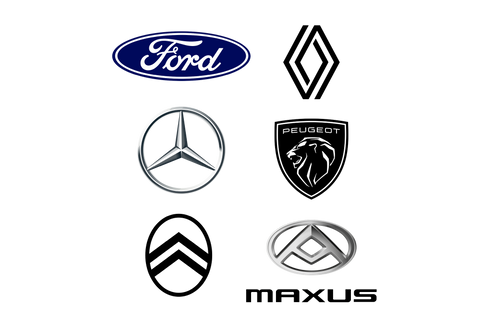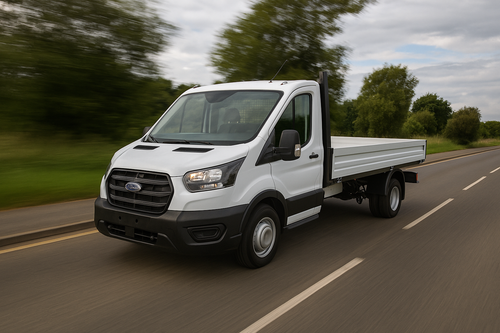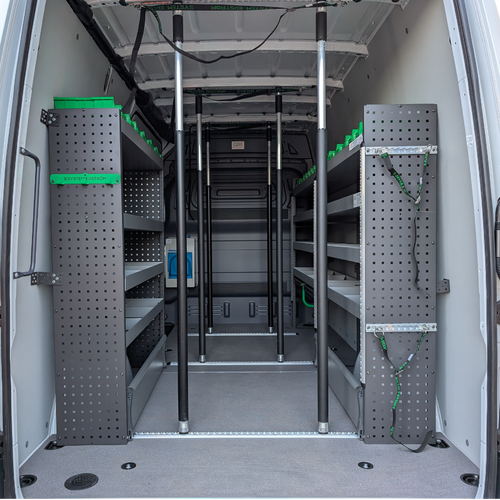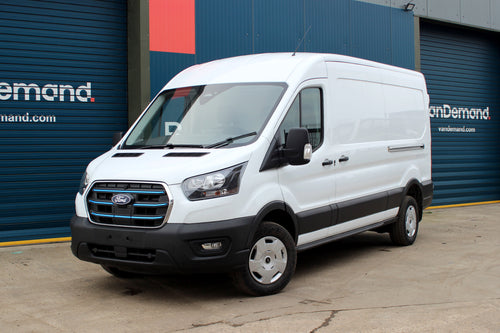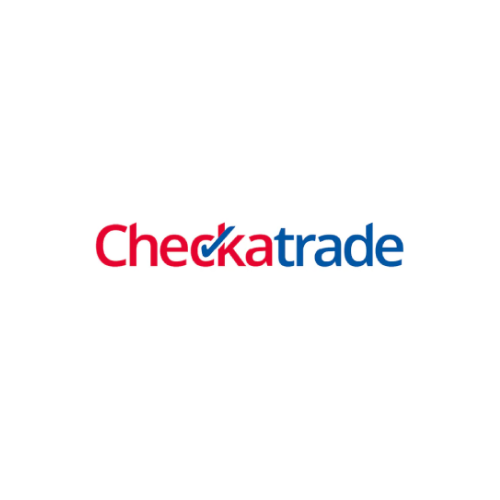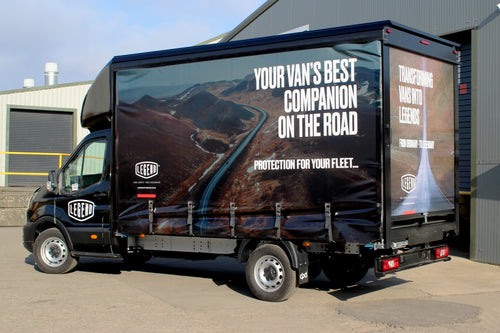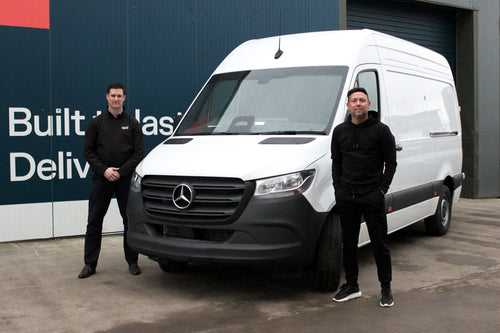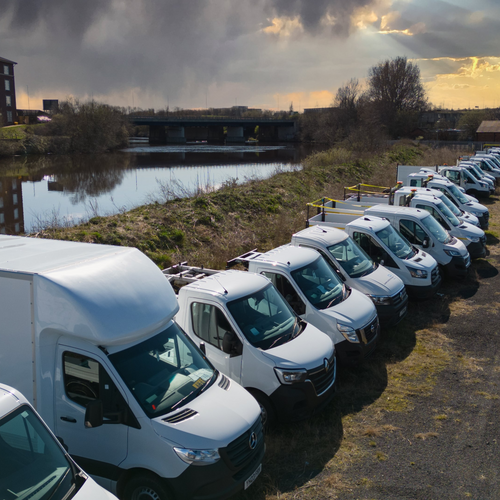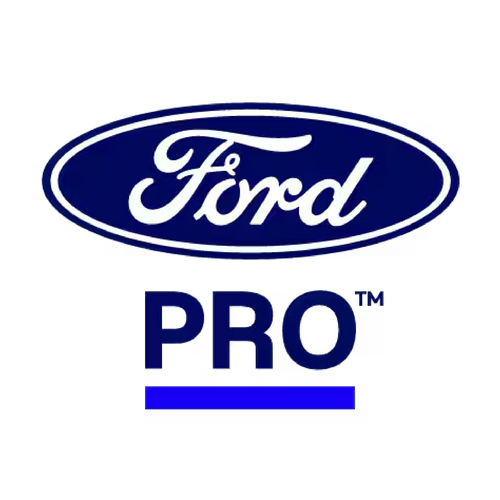Ownership vs Leasing: Finding the Right Value for Your Fleet

When it comes to running a commercial vehicle fleet, one of the most important decisions you’ll make is whether to own your vehicles outright or lease them. Both options have clear advantage, depending on your business model, cash flow, and operational goals.
This isn’t about which is better overall, but which delivers more value for you.
The Case for Ownership
Owning your vehicles means making a long-term investment. It often requires a higher upfront cost, but for many businesses, it provides greater control, long-term savings, and a tangible asset base.
Pros of Ownership
• Asset Value: The vehicle becomes an asset on your balance sheet, one that can be sold or traded in later.
• Unlimited Use: No mileage restrictions or return conditions. You can modify, brand, or convert vehicles as you wish.
• Long-Term Cost Efficiency: After loans or finance agreements are paid off, ongoing costs are typically lower than continued lease payments.
• Customisation Freedom: You can tailor vehicles to your exact needs, from specialist conversions to internal layouts and equipment.
Cons of Ownership
• High Initial Outlay: Buying outright or financing can require more capital upfront.
• Depreciation: Vehicle values drop over time, and resale prices can be unpredictable.
• Maintenance Responsibility: You cover repair, servicing, and downtime costs once warranties expire.
• Fleet Flexibility: Selling or replacing vehicles takes more time if business needs change quickly.
Best suited for: Businesses with stable operations, predictable workloads, and a long-term view of fleet use and value.
The Case for Leasing
Leasing offers flexibility and lower upfront costs, making it attractive for businesses looking to manage cash flow or scale quickly without heavy capital investment.
Pros of Leasing
• Lower Upfront Costs: Leasing avoids large initial payments, freeing up capital for other investments.
• Predictable Monthly Costs: Fixed payments make budgeting easier, often including maintenance and breakdown cover.
• Regular Upgrades: You can refresh your fleet every few years, keeping vehicles under warranty and up to date with emissions standards.
• Reduced Risk: You’re not exposed to depreciation or resale uncertainty.
Cons of Leasing
• No Asset Ownership: You don’t have vehicle equity from not owning it.
• Usage Restrictions: Mileage limits and wear-and-tear clauses can lead to additional charges.
• Ongoing Costs: You’ll always have monthly payments if you continue leasing.
Best suited for: Businesses with fluctuating demand, evolving fleet requirements, or limited access to upfront capital.
When your vehicles are heavily customised with specific on-board equipment, ownership may be preferable. Whereas a delivery company with a standardised Luton set up may find leasing a preferred option; especially as this allows rapid scale-up without tying up capital in depreciating assets.
Balancing Value and Flexibility
For many businesses, the right approach isn’t always one or the other. Some opt for a hybrid model, owning core vehicles they know they’ll use long-term, while leasing additional ones to cover seasonal or project-based demand.
This balance can provide the financial stability of ownership with the flexibility of leasing, reducing risk while maintaining operational efficiency.
The Bottom Line
The “value” in ownership or leasing depends on how your fleet supports your business.
• If control, customisation, and long-term cost savings matter most, ownership may be the better route.
• If flexibility, cash flow, and regular upgrades are priorities, leasing could deliver more value.
Ultimately, it’s about aligning your fleet strategy with your company’s goals, not just for today, but for the years ahead.
At CPD, we cater for both vehicle ownership and leasing, ensuring your company gets the right conversion to keep your business moving efficiently and reliably. View all of our in-stock vehicles ready for conversion and contact us today.

